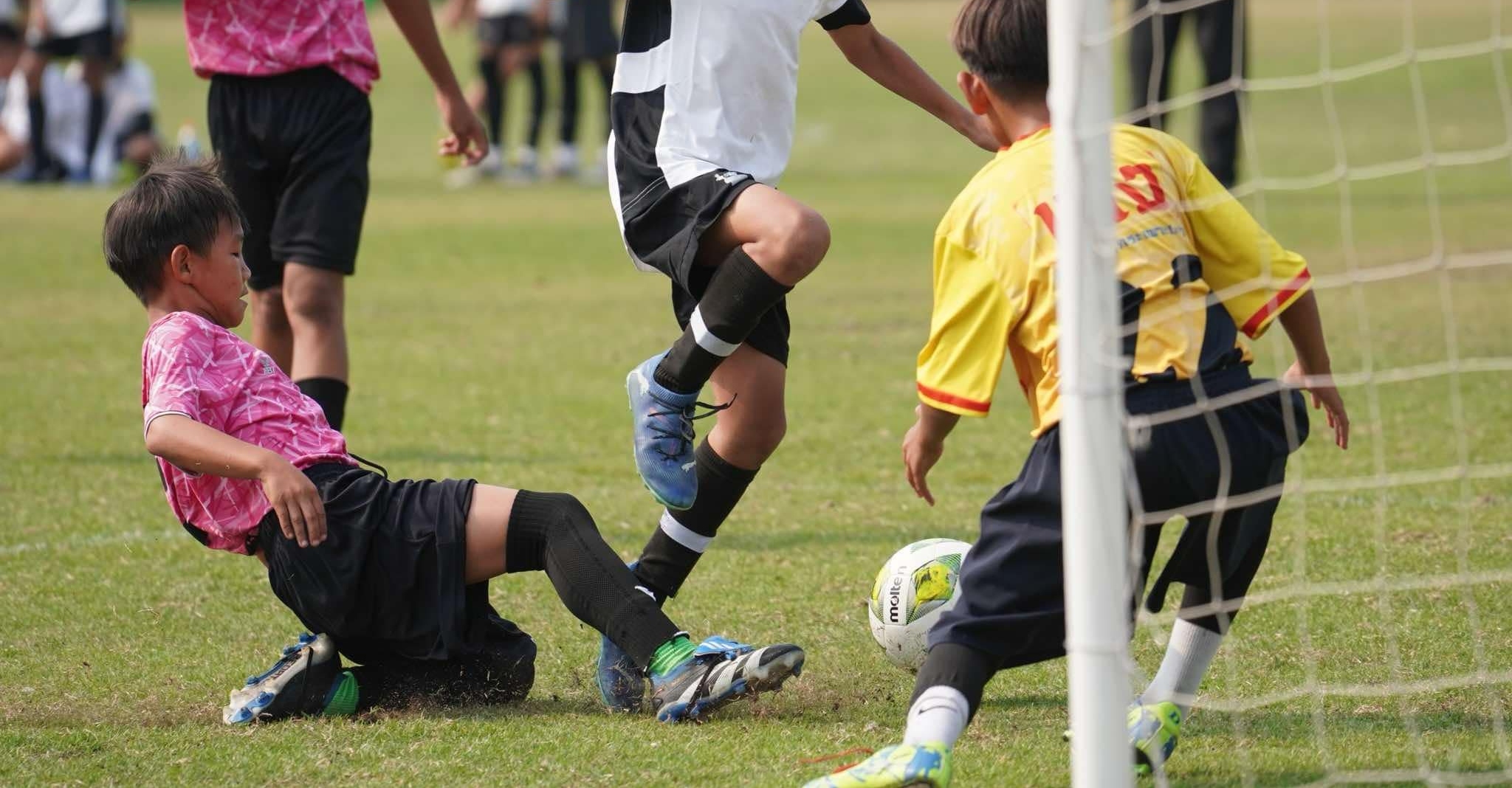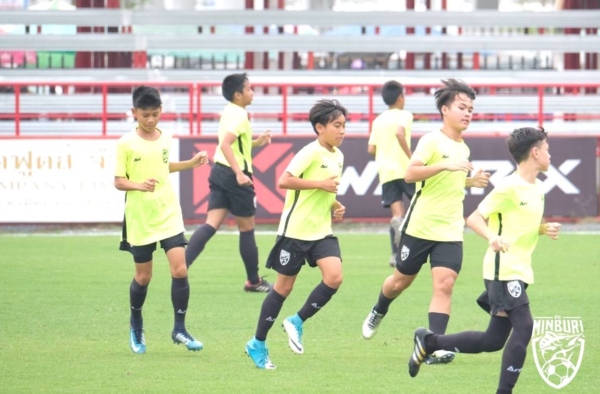Hard work beats Talent when talent doesn’t work hard enough “
Alex Ferguson
Football, known as the world’s most popular sport, has an immense ability to bring people together, inspire greatness, and build communities. For young players, the path to success in football can be both exciting and challenging. However, the driving force behind achieving long-term success lies in motivation. Motivation is a key factor that shapes an athlete’s performance, perseverance, and personal growth.
The Importance of Motivation
Motivation is the inner force that propels players to practice harder, push through adversity, and pursue excellence. It determines whether a player will continue working on their weaknesses or quit when faced with difficulty. For young soccer players, motivation plays a crucial role not only in their performance on the field but also in their attitude toward learning, teamwork, and personal development.- Improved Performance: A motivated player will give their best effort, even during tough training sessions. The intrinsic drive to get better will lead to improved skills, better decision-making, and quicker recovery from setbacks.
- Growth Mindset: Motivation nurtures a mindset where players see mistakes as opportunities to learn rather than as failures. This attitude helps build resilience and a continuous desire for improvement.
- Discipline and Consistency: Soccer requires continuous dedication and practice. Motivation ensures that young players stay disciplined and maintain a consistent work ethic, whether they are training or playing matches.
Types of Motivation in Young Soccer Players
There are two main types of motivation that affect athletes: intrinsic motivation and extrinsic motivation.1. Intrinsic Motivation:
This type of motivation comes from within the player. It is driven by the love for the game, the joy of improvement, and the desire to be the best version of themselves. For soccer players, intrinsic motivation often comes from the following:- Passion for the Sport: When players love the game, they are more likely to enjoy the hard work that comes with improving their skills. The thrill of a good pass, a successful goal, or the team spirit that soccer brings are powerful motivators.
- Personal Growth and Achievement: A player who is motivated by intrinsic factors is usually focused on developing their individual skills, whether it’s improving fitness, mastering ball control, or learning new strategies.
2. Extrinsic Motivation:
Extrinsic motivation, on the other hand, comes from external rewards or pressures. This could include praise from coaches or parents, recognition in front of a crowd, or the desire to earn a spot on a prestigious team. Some examples of extrinsic motivation include:- Recognition and Praise: Young players may work harder to gain acknowledgment from their coaches, teammates, or parents.
- Awards and Trophies: Success in competitions and tournaments can be a motivating factor, especially if players desire the glory or prizes that come with winning.
- Team or Family Expectations: Sometimes, players are motivated by a desire to meet the expectations of their team or family. Knowing that their efforts will make loved ones proud can push them to perform at their best.
Challenges to Motivation for Young Soccer Players
It’s common for young soccer players to face motivation challenges. Understanding these obstacles can help both players and coaches address them effectively.- Burnout: Young athletes sometimes overwork themselves, leading to physical and mental exhaustion. When this happens, their motivation can significantly decrease. It’s essential to balance training, rest, and fun.
- Injury or Setbacks: An injury or a bad performance can cause frustration and self-doubt. Young players may struggle to regain their confidence and motivation. Support from coaches, teammates, and family can help them bounce back.
- Pressure to Perform: When the emphasis is solely on winning, young players may experience anxiety or fear of failure, which can lead to a decrease in motivation. It’s important to remind players that their development is just as important as the result of the game.



